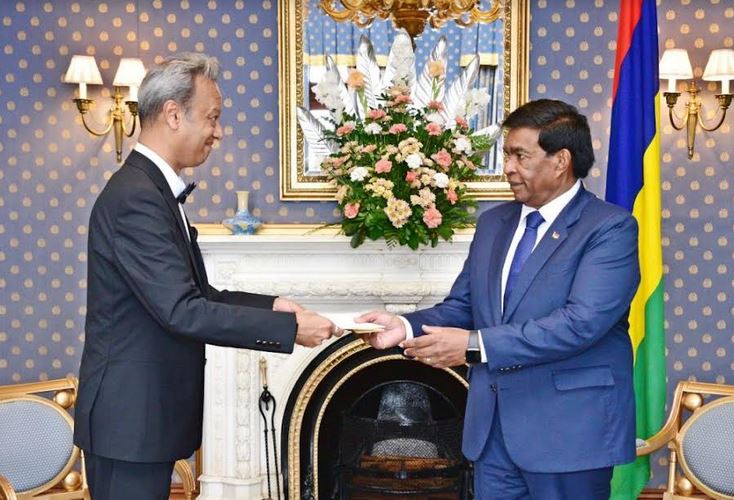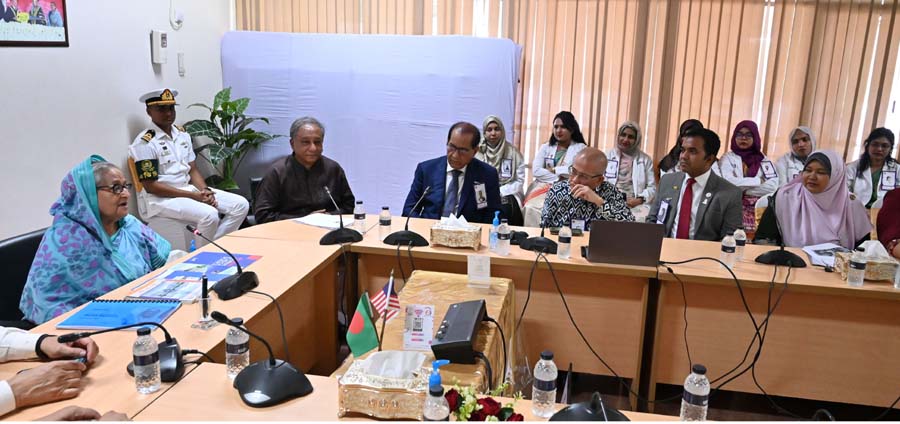
Online Desk: With more than two million Muslims expected in Saudi Arabia for Hajj this year, the annual pilgrimage is becoming increasingly hi-tech, with apps to help the faithful navigate Islam’s holiest sites.
In a landmark step to address the issue of Hajj pilgrims who go missing, especially the elderly and those with special needs, Saudi inventor Suliman Saleh Al-Dhalea recently launched a mobile application that offers hope to the thousands of pilgrims who get lost during the Hajj period.
The app, named “Murshid,” which means guidance, connects pilgrims and Umrah performers with guides, Hajj and Umrah companies, volunteers and scouts. Moreover, it promptly deals with requests from people with disabilities and the elderly.
The app has two features — the ability to report lost pilgrims, as well as being able to detect the location and movement of pilgrims to ease the search process if they get lost or separated from their group.
Al-Dhalea, who invented the app, told Arab News that overcrowding often leads to lost pilgrims at Hajj sites, meaning pilgrims get separated from their groups and are unable to rejoin them.
“This project was designed as a result of the difficulty of dealing with the different communities within the holy sites, such as Makkah, Mina, Arafa and Madinah,” he said.
“Our main aim is to know where the missing pilgrim is,” Al-Dhalea said.
He affirmed that with the Murshid app, no one will get lost during Hajj.
“This is to ensure providing the pilgrims who come to Saudi Arabia with distinguished services so that they perform the duty of the fifth pillar of Islam and all its rituals correctly in the best conditions,” he said.
“Though we have many volunteers and scouts helping missing pilgrims find their way, most fail to effectively explain where they are, making it difficult for officials to find them. This new app will help us overcome logistical problems encountered during this busy season,” Al-Dhalea said.
He said the app will be operational this year and that they have already teamed up with five of the largest Hajj and Umrah companies.
“To date we are working with these companies and, additionally, men, women, taxi drivers and other locals can also work with us as guides.”
Al-Dhalea, who is from Qassim, said the invention of the app is not a commercial project, and that he is not concerned with how much money it will make.
“Saudi Arabia’s great efforts toward serving the pilgrims of the House of Allah led me to think of something to stand by my country and also think of a project which could solve some of the problems pilgrims face,” he said.
After helping an Iranian pilgrim and his wife this week, Al-Dhalea told Arab News that his contribution to serving this pilgrim has added a lot to him both personally and practically.
“It was my first case this Hajj; his name is Hossein Almasi from Iran. He got lost in Makkah before the Hajj season started, and it was reported to us through our app. We immediately started searching and found him.
“As soon as we found him, we guided him along with his wife to the Iranian campaign headquarters, and the man was very happy. When he got there, he asked us how much money to pay for this service. We told him it is a free service. He hugged me and said thank you,” said Al-Dhalea.
Unsurprisingly, Al-Dhalea’s app for finding missing people during Hajj saw off the challenges of 450 local and international projects for sustainable solutions for pilgrims organized by the Ministry of Hajj and Umrah during the Hajj Expo.







